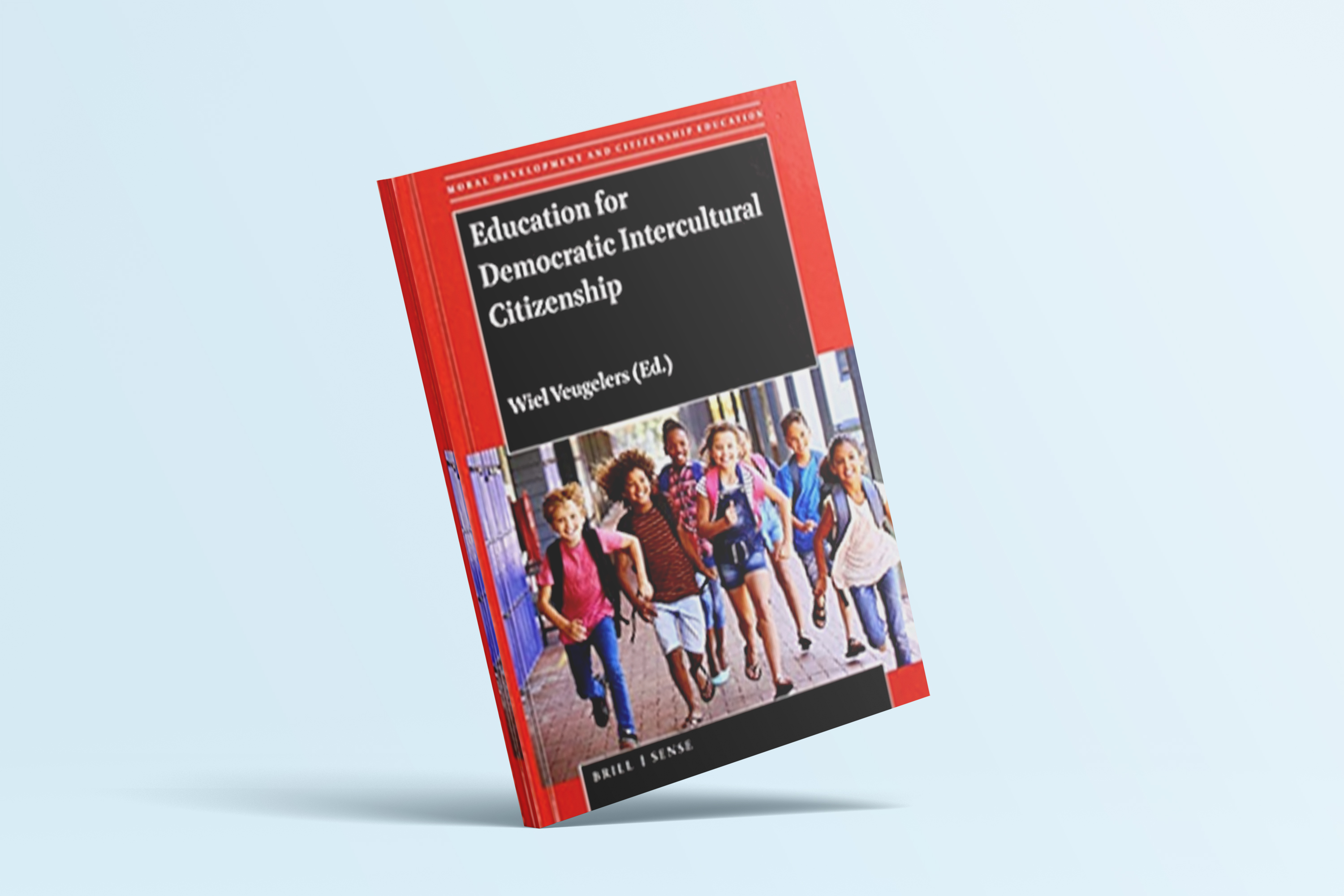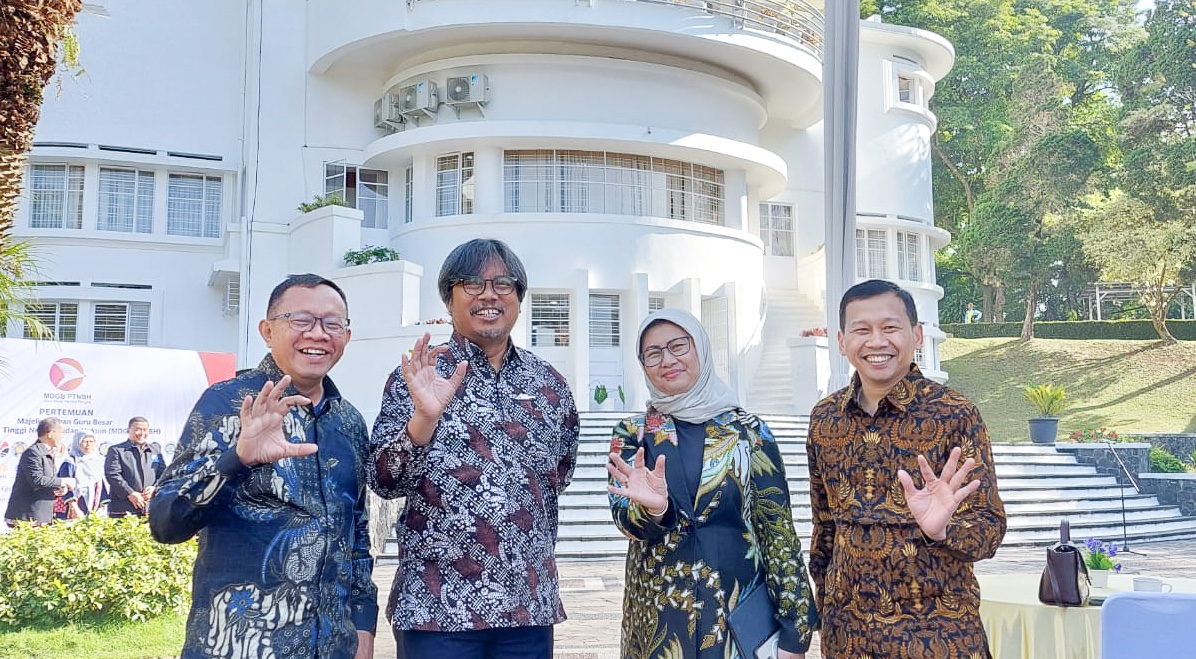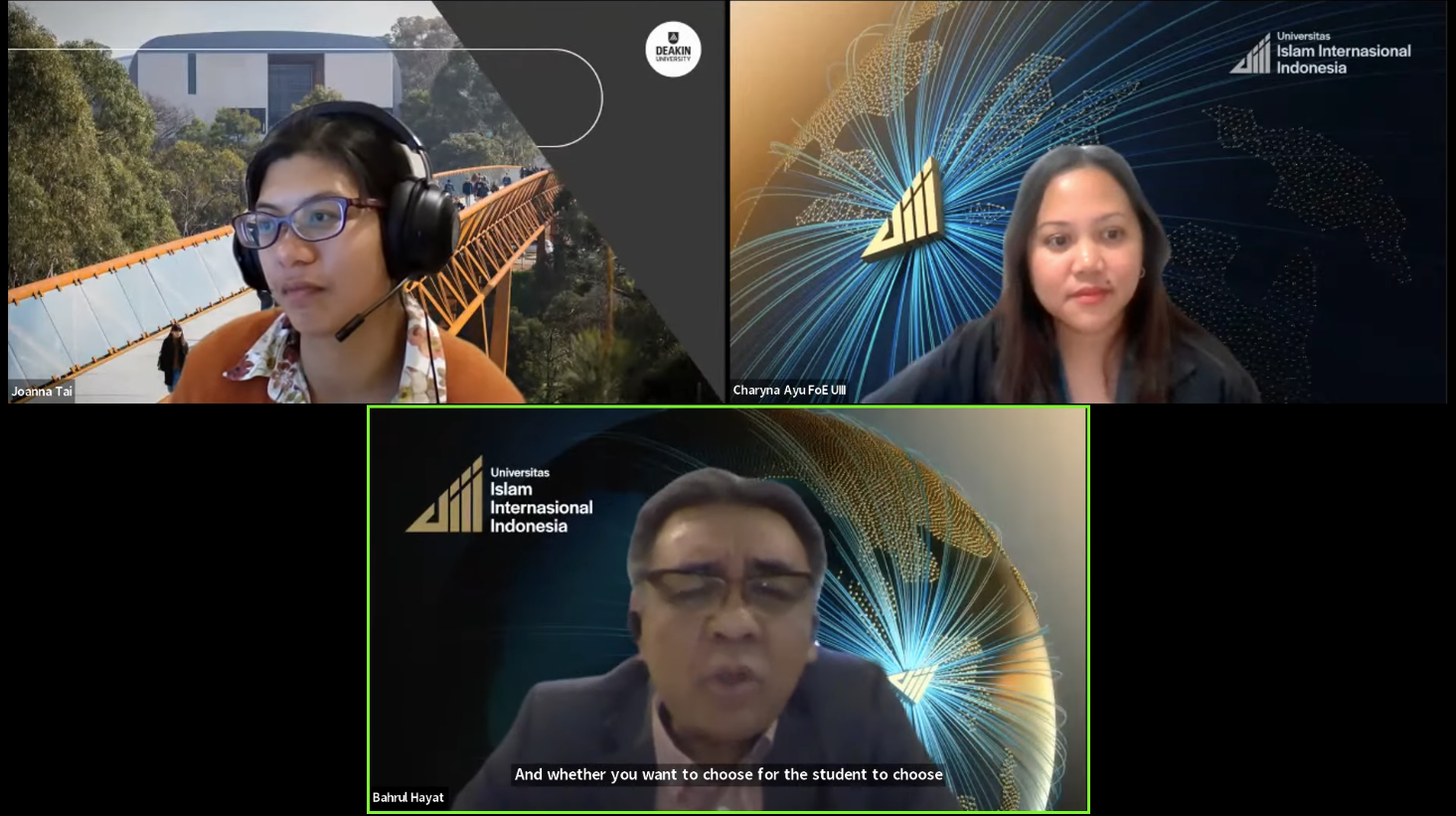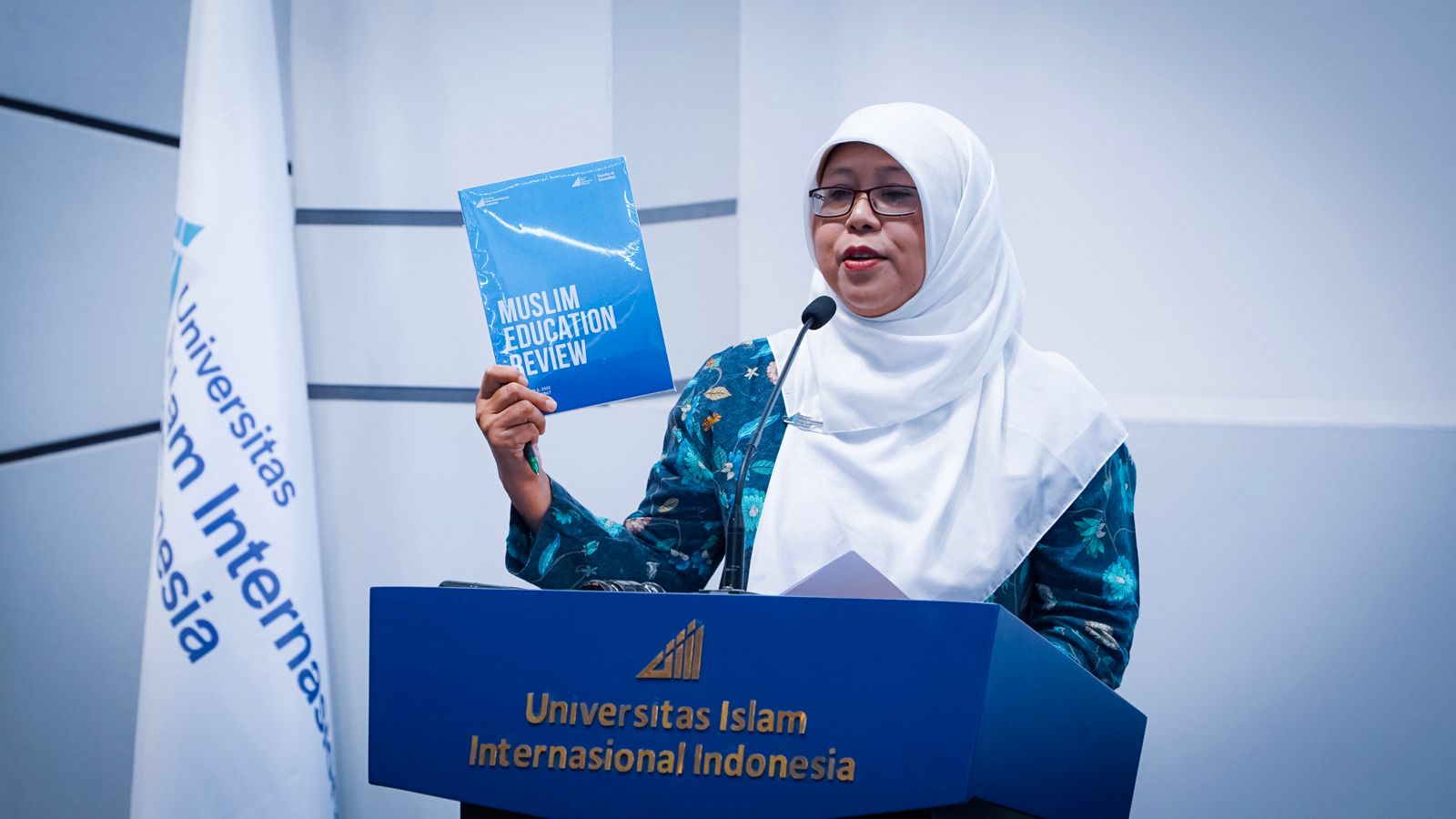Equity and Education Course at UIII Highlights Inclusive Practices
March 19, 2024Contributor: Irkham Zamzuri | Editor: Supriyono

UIII, Depok – The UIII Faculty of Education’s Equity and Education course, convened by R. Alpha Amirrachman, M.Phil., PhD, attended by the dedicated students from the second batch of the faculty, focusing on exploring the depths of educational equity through diverse perspectives.
One of the central discussions in the final class centered around a chapter from the book "Education for Democratic Intercultural Citizenship," edited by Wiel Veugelers and published by Brill in 2019. The chapter entitled "Social and Educational Inclusion in Schools and Their Communities" by Ghazala Bhatti delves into the nuances of social and educational inclusion with a specific focus on the EDIC+ project in the UK context.
The chapter covers a range of topics, including the theoretical background of inclusion, challenges about democracy and human rights, inclusion and disability studies, intersectionality, and fundamental British values. It also discusses a module on social and educational inclusion at Bath Spa University designed to help postgraduate students critically engage with concepts of inclusion in their professional and personal experiences.
In an engaging turn, one of the students in the course connected the academic discussion to real-world applications by sharing his experiences working at Titian Foundation, an NGO in Klaten Regency, Central Java. This organization dedicates itself to providing full scholarships to underprivileged senior and vocational high school students, supporting them not only financially but also through nurturing essential soft skills.
The foundation's comprehensive approach includes covering school fees, textbooks, and uniforms for three years, along with a mentorship program. Mentors play a crucial role in tracking students' progress, liaising with teachers, engaging with parents, and fostering a supportive community among the scholarship recipients.
This student's reflection on the foundation's work highlighted how education opportunities extend beyond academic achievements. The foundation emphasizes creating equal opportunities for students who wish to continue their education but face financial barriers. Their approach aligns with the concept of social justice in education, focusing on equality of opportunities and capabilities as well as outcomes.
After listening to the discussion, Eka Hermansyah, one of the students, responded by emphasizing the follow-up program that must be designed by schools. “For now, every student in each level of schooling years has received financial aid from the government through several schemes, but it seems that those funds are not allocated well. Schools need to prepare affirmative programs to provide additional assistance or personalize mentoring toward students’ different needs,” he highlighted.
Another student, Mayola Andika, was impressed with the equity and education class. It broadened her understanding of inclusiveness. Inclusive education is not only related to students with disabilities but also involves students who come from poor families.
“Inclusiveness is interpreted as "education for all", anyone has the right to get access to education regardless of their background, whether they are from different races and ethnicities, gender, religion, social status, and others. This includes children from low-income families,” she highlighted.
Mayola concluded that financial support alone is not enough to form children's motivation to achieve their dreams. This must be balanced with motivation from teachers and mentors so that this child can design his future map for life and have a great desire to achieve it.
The Equity and Education course at UIII, through its diverse curriculum and insightful student contributions, underscores the importance of exploring and understanding different facets of educational equity. This course not only provides a theoretical foundation but also encourages students to reflect on practical applications in real-world settings. The Faculty of Education at UIII remains committed to addressing educational challenges and promoting inclusive practices. The insights and experiences shared in this course are invaluable contributions to the broader conversation on equity in education.
- UIII Extends Application Deadline for 2025 International Admissions
- What Does Eid al-Fitr Mean for the UIII Academic Community?
- UIII PhD Scholar Ararat Kostanian Delivers Lecture at Armenia's Yerevan State University
- Swedish Ambassador to Indonesia Applauds UIII’s Vision, Explores Future Collaboration
- Depok Mayor Supports UIII as the Green Lung of Depok and Beyond
- Depok Mayor Pledges to Build Performance Hall at UIII
- New Parking Facility Launched, Part of UIII-Sentra Medika Hospital Partnership
- Yogyakarta’s UII Won 1st FisFastFest’s Clash of Campuses
- Vice Minister of Religious Affairs Praises UIII as a Global Hub for Islamic Education
- Hurray!! UIII Wins Football Championship


